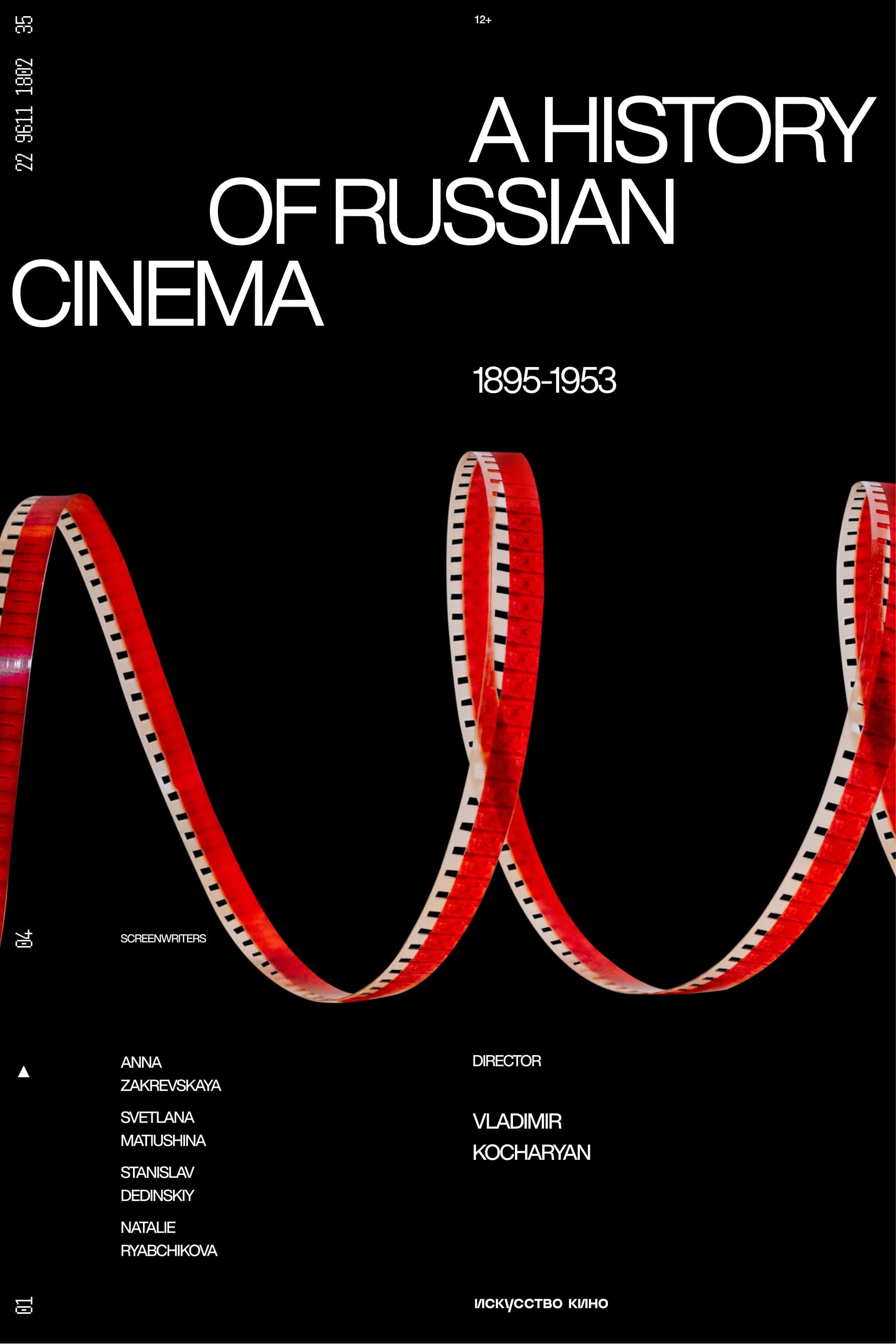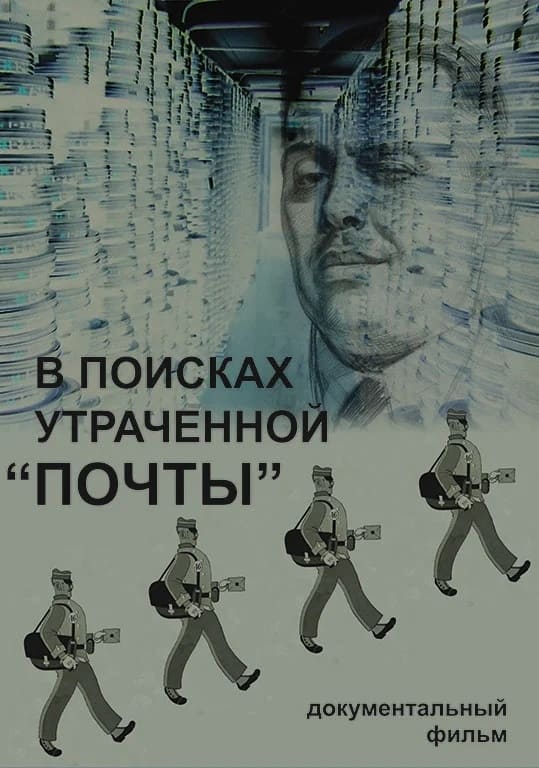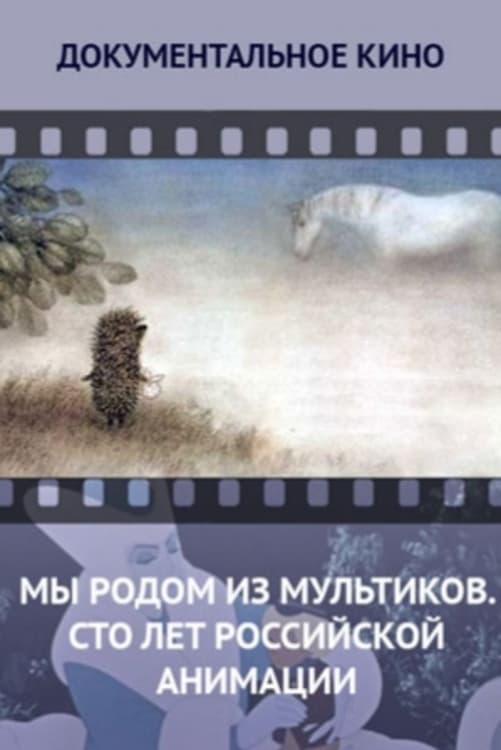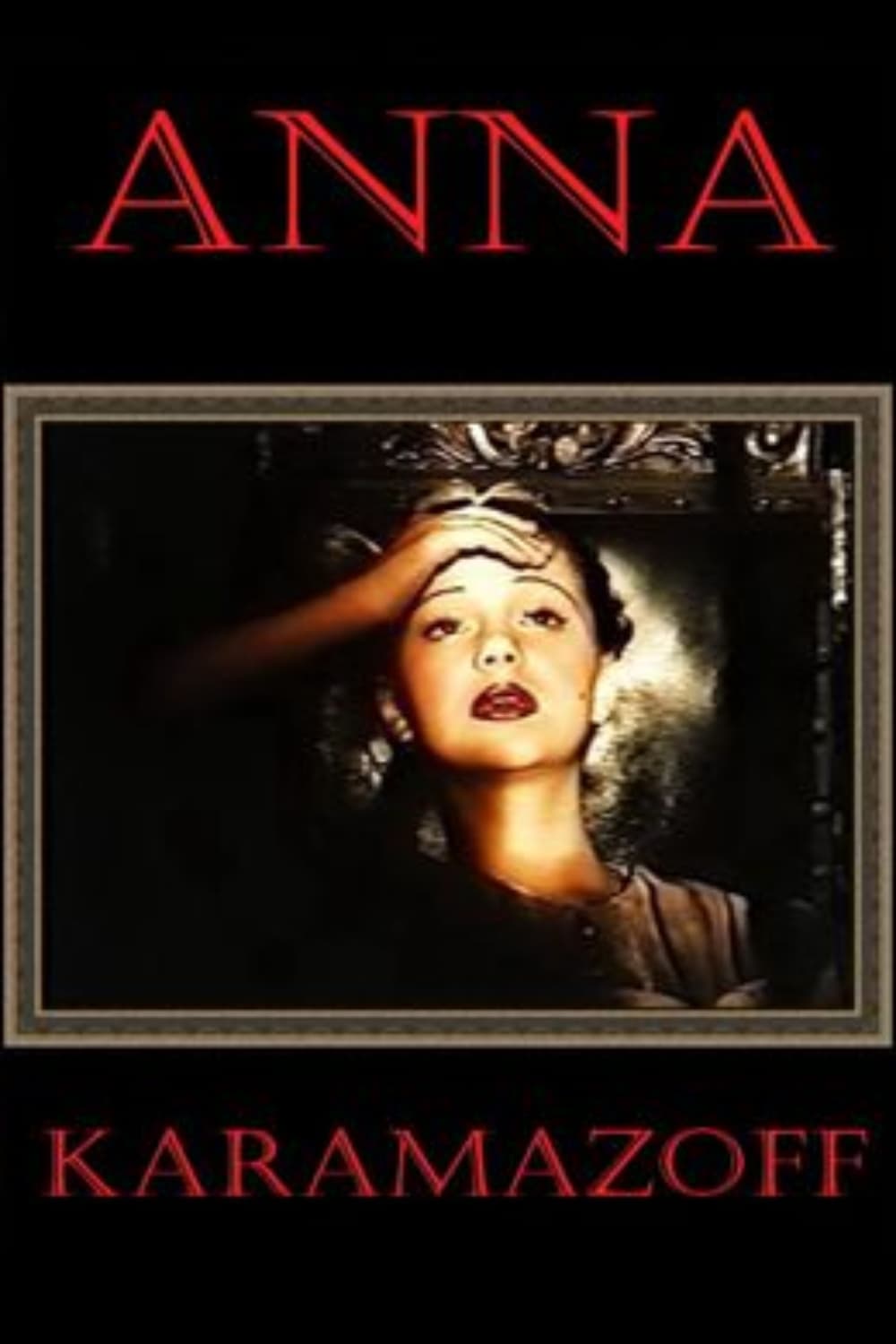

A two part documentary about the first five decades of Russian cinema: from its birth to 1953 - the death of Stalin and the first seedlings of the thaw. The film covers the most important milestones of cinema. Its introduction as a lowbrow entertainment, the impact of WWI and revolutions on the film process. The principal masters - Kuleshov, Vertov, Eisenstein - and their discoveries in film language at the turn of the 1920-30s. The arrival of sound. The evacuation of the Soviet film industry during WWII and the heroic work of the wartime documentary crews. Restricted film production and early signs of the thaw in the late 1940s - early 1950s. Film historians and art critics, directors and screenwriters put the history of cinema in a broader context, considering the path that the country took from Tsarist Russia to the totalitarian state under the rule of Stalin.

Travelogue of two film historians Nikolay Izvolov and Sergey Kapterev who visit world film archives around the globe in search of a lost sound version of one famous Soviet cartoon. It's "The Post" made by Mikhail Tsekhanovsky in 1929 and based on a poem by Samuil Marshak. At first "The Post" has been released in a silent form and later Tsekhanovsky remade it with experimental music and narration by Daniil Kharms. At that moment it was the first Soviet sound cartoon and it was a success all over the world. Russian film studies consider "The Post" to be of great importance and artistic value but unfortunately it's still lost. Only the silent version and the 1964 remake are still known and available.


This film is of interest primarily because it contains within it the entire surviving footage of an unfinished 1974 film by the same director, Slave of Love, which was successfully remade shortly thereafter by another director, Nikita Mikhalkov.The "cover" story is about a woman (Jeanne Moreau) newly released from prison camps in the 1940s back into Russian society, who finds that there is no place for her in the world she has come back to. However, this painterly film is so filled with striking and surreal imagery that it would be misleading to say that the story is of any great importance in relation to that.
Nikolai Izvolov (born in 1962 – Kostroma, USSR) is a Russian film historian and cinema theorist, researcher of film archives and specialist in reconstruction of the “lost” films. He's known by his reconstructions of Dziga Vertov's Anniversary of the Revolution (2018), The History of the Civil War (2021) and Man with a Movie Camera (2024). Author of the books Phenomenon of Film: History and Theory (2001) and Unknown Pages of Russian Avant-garde Cinema (2021). Since the beginning of the 1990s, he has been teaching the course Practice of Work in Film Archives for students of the Film Studies department in VGIK (All-Russian State Institute of Cinematography). In 1992, he collaborated with Chris Marker on the Alexander Medvedkin’s biopic The Last Bolshevik. Together with Natasha Drubek-Mayer he developed a creative method of film reconstruction ‘Hyperkino’ and applied it to the archives of Dziga Vertov, Alexander Medvedkin and Lev Kuleshov: Lenin Kino-Pravda (1996); Stop Thief! (1998); The Story of Tit… or the Tale of the Large Spoon (2000); Engineer Prite’s Project (2001); Alcoholism and Its Consequences (2001); Dokhunda (2006).
By browsing this website, you accept our cookies policy.